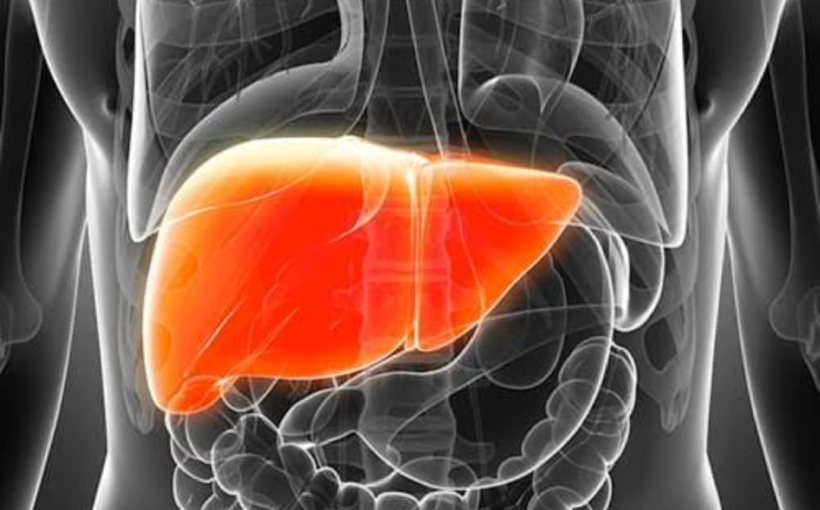Researchers demonstrated that Lactobacillus rhamnosus can dose-dependently reestablish a balanced intestinal microbiome and counter the liver-damaging effects of alcohol consumption in mice to reverse the results of chronic alcohol-induced liver injury. The design, results, and implications of this new study are published in Journal of Medicinal Food, a peer-reviewed journal from Mary Ann Liebert, Inc., publishers.
The article entitled “Lactobacillus rhamnosus Granules Dose-Dependently Balance Intestinal Microbiome Disorders and Ameliorate Chronic Alcohol-Induced Liver Injury” was coauthored by Yuhua Wanga and colleagues from Jilin Agricultural University, National Processing Laboratory for Soybean Industry and Technology, and National Engineering Laboratory for Wheat and Corn Deep Processing, Changchun, China.
In this study, mice consumed alcohol for 8 weeks and were fed Lactobacillus rhamnosus granules (LGG) the last 2 weeks, in varying doses (low, medium, and high) together with a high fat diet. The researchers showed that LGG administration dose-dependently improved alcohol-induced liver injury by reducing fat accumulation and the inflammatory response in liver. LGG consumption also ameliorated the liver damage. The probiotic effect of the LGG restored a healthy balance in the gut microbiome, which was damaged by the alcohol consumption. LGG reduced the number of gram-negative bacteria and increased gram-positive bacteria, including in the ileum and cecum.
“This demonstration of the impact of a probiotic intervention correcting alcohol-induced dysbiosis and reducing liver inflammation and fat accumulation has exciting potential in the prevention and treatment of alcohol-induced liver disease as well as non-alcoholic fatty liver disease,” states Journal of Medicinal Food Editor-in-Chief Michael Zemel, PhD, Professor Emeritus, The University of Tennessee and Chief Scientific Officer, NuSirt Biopharma.
MARY ANN LIEBERT, INC./GENETIC ENGINEERING NEWS


